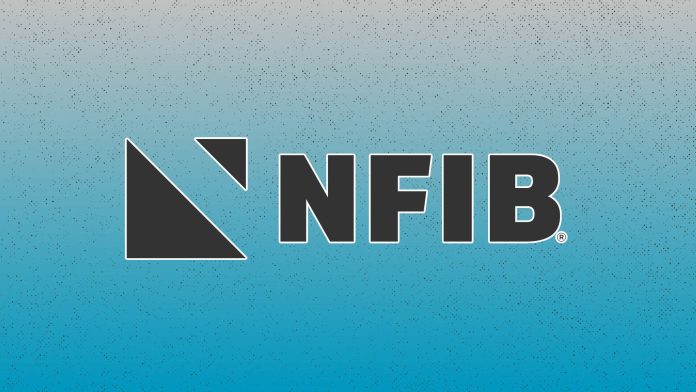A major fraud case involving the Small Business Administration (SBA) underscores the ongoing risks and consequences of deceitful practices associated with COVID-19 relief programs. Emanuel Tucker, a California man, has admitted guilt in a scheme that siphoned approximately $15.9 million intended for struggling businesses through the Paycheck Protection Program (PPP) and Economic Injury Disaster Loan (EIDL) programs.
The implications of Tucker’s actions extend beyond individual accountability; they highlight the vulnerabilities within government-funded relief efforts aimed at sustaining businesses during unprecedented times. According to Acting Assistant Attorney General Matthew R. Galeotti, Tucker orchestrated an operation in which he and co-conspirators filed numerous loan applications filled with false information about various companies they claimed to own. This deceit allowed Tucker to misappropriate taxpayer money for personal luxuries, including luxury vehicles and multi-million-dollar homes.
Key Takeaways:
-
Fraudulent Scheme: Tucker submitted fake applications featuring inflated employee counts, misrepresented payroll figures, and falsified business revenues. Fraudulent claims like these led to significant financial losses at the taxpayer’s expense.
-
Government Response: The case highlights a robust response from several federal agencies, including the IRS, FBI, and SBA’s Office of Inspector General. Their commitment aims to ensure that COVID-19 relief funds are used as intended, deterring others from similar fraudulent activities.
- Legal Ramifications: Tucker faces severe penalties, including up to 20 years in federal prison. His guilty plea serves as a warning about the serious consequences of exploiting relief programs designed for genuine business assistance.
Quotes from officials involved emphasize the moral implications of Tucker’s fraud. Special Agent in Charge Tyler Hatcher of the IRS Criminal Investigation likened the act of exploiting vital relief funds to a betrayal of public trust. “Exploiting pandemic relief meant for struggling Americans is not only morally reprehensible, it’s a betrayal of public trust,” said Hatcher.
For small business owners, this case offers several practical considerations. Navigating the complexities of government relief programs remains crucial, especially as applications continue to be scrutinized. Honest and transparent documentation is essential to avoid unintended consequences. Implementing comprehensive financial practices, such as maintaining accurate payroll records and thoroughly vetting application details, can help safeguard against potential audits or legal complications.
However, potential challenges may arise. As businesses continue to recover from the pandemic, economic pressures could tempt some to bend the rules. The legal framework surrounding government aid is stringent, and the consequences of falling afoul of it can be detrimental. Business owners should be wary not just of their actions, but also of those of their partners, ensuring integrity in all dealings.
Tucker’s case also draws attention to the vigilance required from law enforcement in maintaining the integrity of assistance programs. Following the onset of the CARES Act, over 200 defendants have been prosecuted for PPP fraud across more than 130 cases, leading to significant recoveries of misappropriated funds. The SBA and other agencies are dedicated to identifying and prosecuting fraudulent schemes, reflecting a broader commitment to maintaining the financial stability that these programs were designed to foster.
Small business owners should stay informed about the risks posed by fraud, both to protect their operations and to ensure they are contributing to a healthier economic environment. Embracing transparency and accountability in financial practices will fortify their businesses and uphold the integrity of government assistance programs.
For further details on this case, please refer to the original communication from the SBA here. This ongoing challenge is a reminder of the importance of vigilance and integrity within the commercial landscape as we move forward.
Image Via BizSugar



